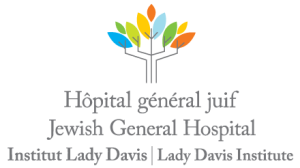This website uses cookies so that we can provide you with the best user experience possible. Cookie information is stored in your browser and performs functions such as recognising you when you return to our website and helping our team to understand which sections of the website you find most interesting and useful.
Privacy Overview
Strictly Necessary Cookies
Strictly Necessary Cookie should be enabled at all times so that we can save your preferences for cookie settings.
Si vous désactivez ce cookie, nous ne pourrons pas enregistrer vos préférences. Cela signifie que chaque fois que vous visitez ce site, vous devrez activer ou désactiver à nouveau les cookies.
Cookies tiers
This website uses Google Analytics to collect anonymous information such as the number of visitors to the site and the most popular pages.
Keeping this cookie enabled helps us improve our website.
Veuillez activer d’abord les cookies strictement nécessaires pour que nous puissions enregistrer vos préférences !
Cookie Policy
More information about our Cookie Policy.

